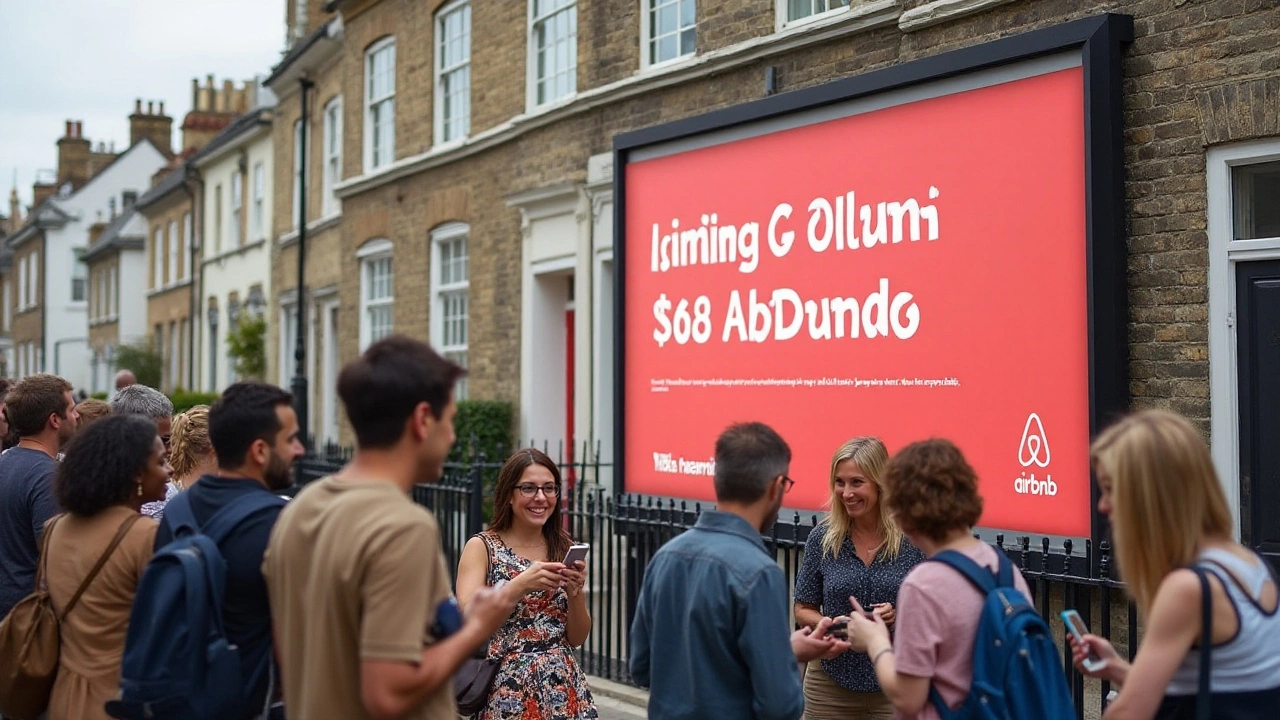Travel Costs UK: What You Really Pay to Explore Britain
If you think the UK is only for rich tourists, think again. With a little planning you can see castles, coasts and cities without breaking the bank. Below you’ll find the main expenses you’ll face and simple ways to cut them.
Transport – Trains, Buses and Car Hacks
Train tickets look pricey, but a railcard can shave 1/3 off the fare. A 16‑25 Railcard costs £30 a year and works on most routes. For longer journeys, compare a coach with the train – coaches are usually 40‑60% cheaper and still take you to city centres.
If you’re comfortable driving, renting a cheap car for a weekend can work out well in rural areas where public transport is sparse. Book early on sites like Enterprise or Hertz to grab the lowest daily rate, and remember to check the fuel policy – ‘full to full’ is usually the best deal.
Accommodation – From Hostels to Budget B&Bs
Hostels in major cities cost £15‑£30 per night for a dorm bed. Private rooms in the same place can be £50‑£70, still cheaper than a hotel. Booking platforms often have “last‑minute” discounts, so if your dates are flexible you can snag a room for less than £40.
Consider staying just outside a city centre and using a bus or tram to get in. Towns like Reading or Coventry have cheap train links to London, letting you save on lodging while staying well‑connected.
Don’t overlook camping. Many UK campsites offer pitches for £10‑£15 a night, and you can bring a small tent or a cheap pop‑up camper. It’s a great way to see the countryside and keep costs low.
Food – Eating Well Without Splurging
Eating out in the UK can be expensive, but there are plenty of budget options. A typical fish‑and‑chips shop will serve a filling meal for under £8. Supermarkets like Tesco or Sainsbury’s have ready‑to‑eat salads and sandwiches for £3‑£5.
If you have access to a kitchen, buying groceries and cooking yourself saves a lot. A week of basic meals for two people can be under £50 if you stick to pasta, rice, beans and seasonal veg.
Attractions – Free and Discounted Things to Do
Britain is full of free attractions: most national museums in London, the Scottish National Gallery, and many historic sites have free entry. For paid attractions, look for online coupons or city passes that bundle tickets at a discount.
Walking tours are often tip‑based only. You can explore the streets of Edinburgh or the streets of Bath with a local guide for a few quid, and you’ll learn more than a guidebook offers.
Putting It All Together – Sample Daily Budget
A backpacker on a tight budget can manage around £50‑£70 per day: £20 for transport (railcard or coach), £15 for dorm accommodation, £10 for food, and £5‑£10 for attractions or a coffee. A mid‑range traveler aiming for more comfort might spend £120‑£150 per day, covering a private B&B, occasional restaurant meals and a few paid tours.
Use a simple spreadsheet or an app like Trail Wallet to track each expense as you go. Seeing the numbers in real time helps you stay on target and avoid surprise overspends.
Traveling around the UK doesn’t have to be a financial nightmare. By choosing the right railcard, staying in budget lodgings, cooking a few meals, and taking advantage of free museums, you can explore the entire country for a fraction of the typical price. Start planning, set a daily limit, and enjoy the British scenery without the stress of hidden costs.

Understanding Airbnb Price Hikes in the UK: A Staycation Analysis
This article explores the rising costs of Airbnb accommodations across the UK, focusing on the impact these have on local tourists looking for affordable staycation options. It delves into factors such as demand shifts, economic influences, and local legislation affecting pricing. Offering insights and practical tips, the piece aims to equip travelers with strategies for navigating these higher costs. Readers will discover how to enjoy an affordable and fulfilling staycation despite the pricing challenges.
